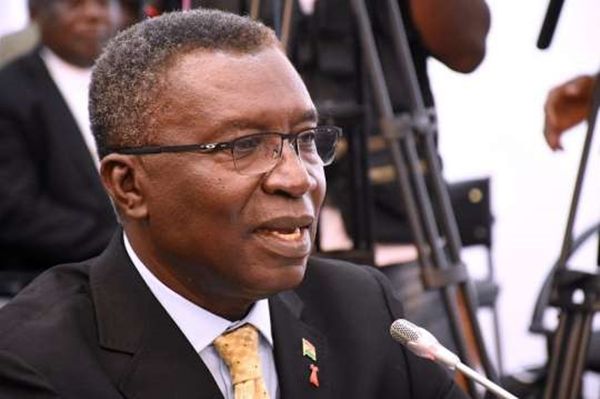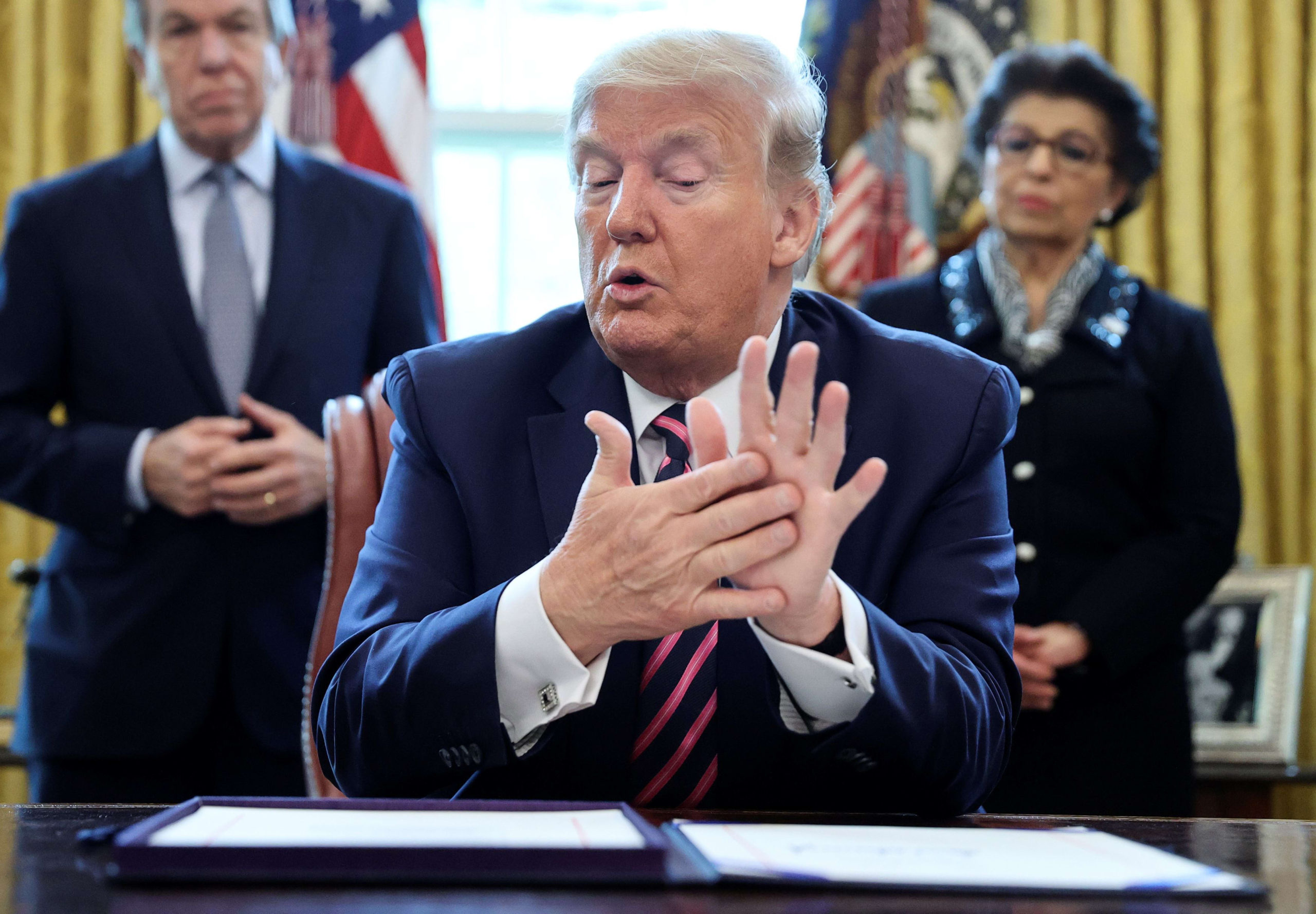[ad_1]
A statement copied to the Ghana News Agency by the Ministry of Environment Science, Technology and Innovation (MESTI) said the discussions, held virtually, focused on issues relating to a new date for the 26th United Nations Framework Convention on Climate Change (UNFCCC) Conference of Parties (COP26), which was scheduled to be held at Glasgow, UK, in November 2020.
Professor Kwabena Frimpong-Boateng, the Minister of Environment Science Technology and Innovation, Mr Iain Walker, the UK Ambassador to Ghana and Mr Paul Arkwright, the Regional Ambassador for Africa on COP 26 were some of the key persons who participated in the meeting, the statement said.
The statement said the representatives also discussed the health and economic impact of COVID-19 on both countries.
Prof. Frimpong-Boateng, the statement said, highlighted measures the government had taken to alleviate the economic impact of COVID-19 on Ghanaians.
These include providing free water for the next three months, electricity subsidies, the stimulus package for Small and Medium Enterprise and the provision for food to the needy.
It said the Minister also shared the progress made on meeting on Ghana’s Nationally Determined Contributions towards abating Climate Change, which include building the resilience of smallholder farmers, and implementing renewable energy and afforestation initiatives.
According to the UN Climate Change website, the UNFCCC is an international environmental treaty adopted on 9 May 1992 and opened for signature at the Earth Summit in Rio de Janeiro from 3 to 14 June 1992.
It then entered into force on 21 March 1994, after a sufficient number of countries had ratified it.
At present, there are 197 parties to the Convention.
The COP is the supreme decision-making body of the Convention. All States that are Parties to the Convention are represented at the COP, at which they review the implementation of the Convention and any other legal instruments that the COP adopts and take decisions necessary to promote the effective implementation of the Convention, including institutional and administrative arrangements.
A key task for the COP is to review the national communications and emission inventories submitted by Parties. Based on this information, the COP assesses the effects of the measures taken by Parties and the progress made in achieving the ultimate objective of the Convention.
The COP meets every year, unless the Parties decide otherwise. The first COP meeting was held in Berlin, Germany in March, 1995.
The COP meets in Bonn, the seat of the secretariat, unless a Party offers to host the session. Just as the COP Presidency rotates among the five recognized UN regions – that is, Africa, Asia, Latin America and the Caribbean, Central and Eastern Europe and Western Europe and Others.
However, there is a tendency for the venue of the COP to also shift among these groups.


















